How Safe Is Costa Rica?
Costa Rica has become one of the most popular expat and digital nomad destinations in Latin America, known for its natural beauty, relaxed lifestyle,...
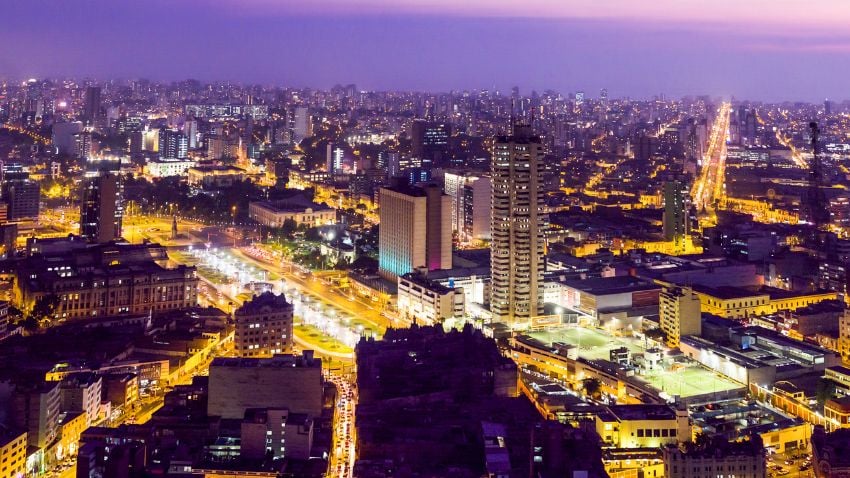
4 min read
Sometimes, you can find the best second passport programs in one of the last places you thought to look. Although Peru may not be the best option for everyone, people interested in South America should certainly consider this an option. This option is excellent for anyone who does not want to invest in the country but would rather gain citizenship by residing in Peru and immersing themselves in the country and culture.
Some programs like this can take up to five years, which means they would only likely appeal to long-term expats in the country. However, Peru allows one to apply for citizenship after only two years of residency. There are multiple options available for you if you want to become a resident of Peru so that you can apply for citizenship. Investing in the country could certainly make things easier, but it is by no means mandatory. At the same time, you will need to maintain your residency for two years if you want citizenship.
Acquiring Peruvian citizenship through naturalization is a process designed to be accessible and efficient, providing an opportunity for foreigners to become integral members of the vibrant Peruvian community. Here's a glimpse into the aspects that make Peruvian citizenship a fast and relatively easy path:
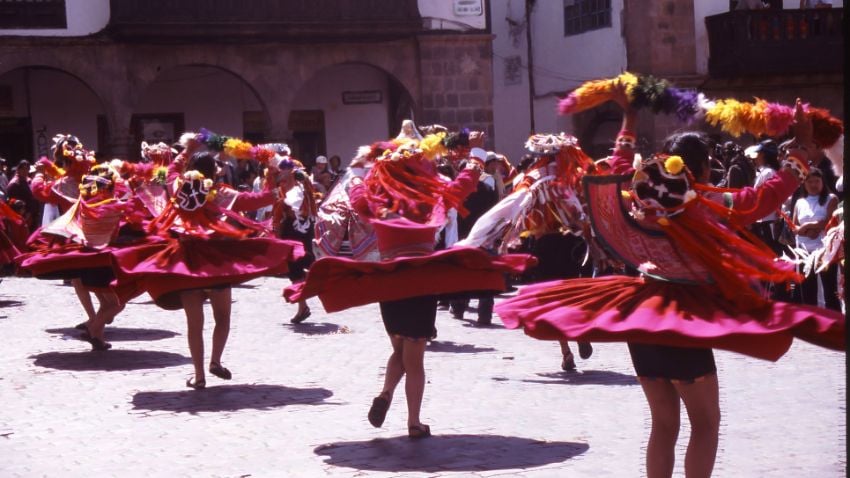
Peru Cuzco festival
One easy way to apply for citizenship is to apply for the Person of Independent Means Visa (Rentista). You are eligible to apply for citizenship after you have lived in Peru for two years on this visa. To qualify, you need to prove that you have a passive income of $12,000 USD/year and agree to transfer this amount to a local bank in Peru. The visa is valid indefinitely, which is good news if you want to stay longer before applying or if you experience delays while applying for citizenship. One setback is that you cannot work while on this visa. If you want to work in Peru, you would have to apply for a permanent residency after living in Peru for three years on a Rentista visa.
Peruvian consulates play a crucial role in guiding and assisting foreigners through the naturalization process. They serve as valuable resources, offering information, clarifying procedures, and ensuring that applicants have the necessary support as they embark on their journey toward Peruvian citizenship.
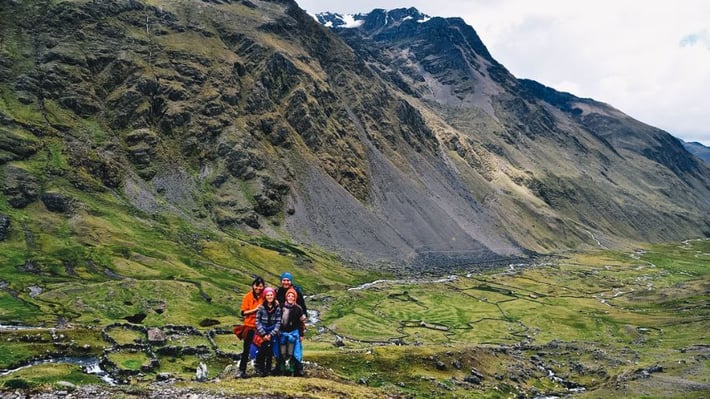
I took this image while on my visit to Peru. It has so many amazing places to visit
Applying for a Peru Investor Visa can be an easy stepping stone to citizenship, which allows you to apply for citizenship after only two years of residency in Peru. To be eligible, you need to invest at least S/500,000 (around $132,000 USD) in a Peruvian company or set up your own company with this amount of capital. You will also need to provide a business plan certified by a local economist in the country. The visa is initially valid for one year and can be renewed if you continue to hire five local employees and remain in the country. You are eligible to apply for citizenship if you continue to operate in the country and keep your ties to the country.
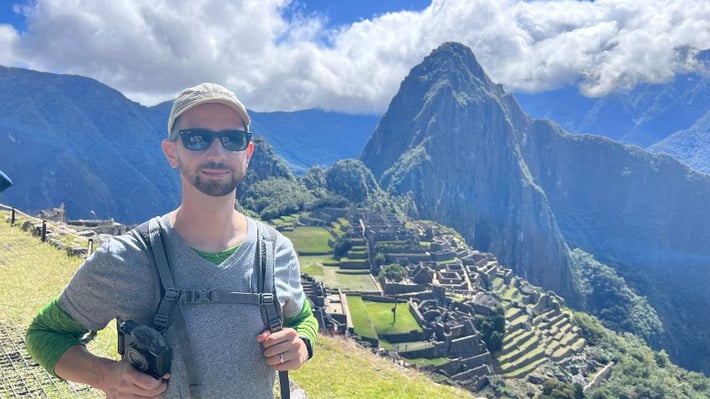
I wanted to record the beautiful weather and landscape once I was halfway up Machu Pichu.
The Resident Worker Visa is another option that allows you to apply for citizenship after two years. If you start a business in Peru, then you can hire yourself as an employee. To keep this visa active, you must continue paying yourself a salary of $12,000 USD/year and remain in Peru for more than 183 days each year. On this visa, you can also work as an independent contractor for Peruvian companies. After you have lived in Peru for two years, you are eligible to apply for citizenship if you continue to meet all of the visa program requirements. This option is intriguing because it does not require you to hire anyone else or invest capital into a Peruvian company.
Related content: The Basics Of How To Get A Second Passport Or A Second Residency.
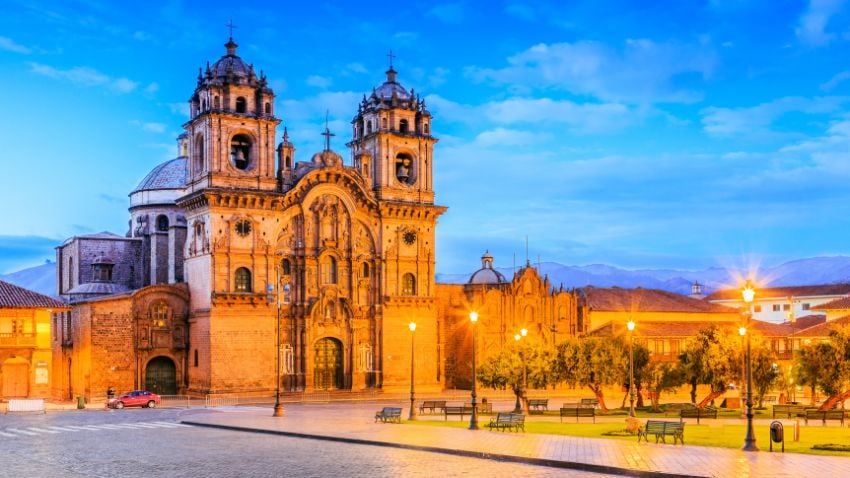
Cusco, Peru. Plaza de Armas at twilight
Peru does not have a direct citizenship-by-investment program that allows you to immediately apply for citizenship after investing in the country. Instead, you must live in the country for at least two years and meet other requirements. Regardless of which route you take, you need to become proficient in Spanish, and you also need to have a good understanding of the country’s economy, politics, history, and geography.
To apply for citizenship, you must meet the following requirements:
It is crucial to reply promptly if more information is requested, as a delayed response could cause issues with your application. It is also essential to maintain the same address that you have listed on your application. It usually takes around one year to hear back about the decision.
Related content: I Strongly Suggest You Read This Article I Wrote About My Experience In Peru.
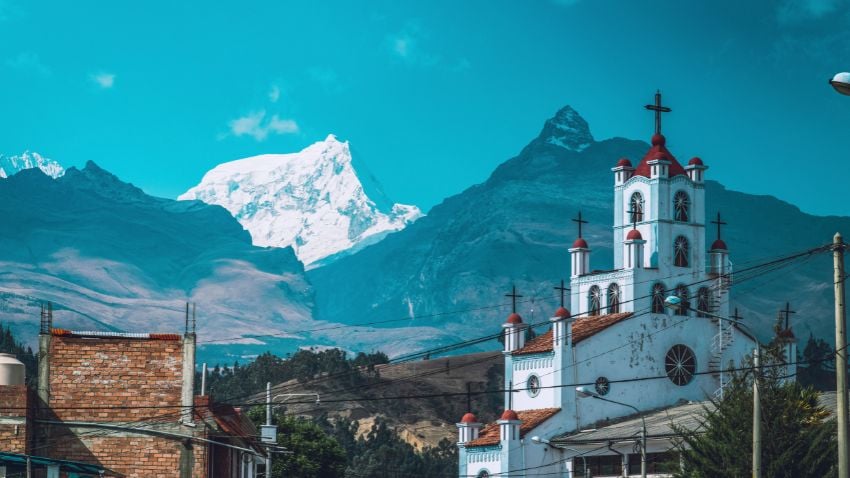
Huaraz, Peru
Having a Peruvian passport has various benefits that may surprise most people. First of all, you can travel to 138 countries visa-free with a Peruvian passport. Peru’s passport currently ranks 36th on the passport strength ranking. This passport will most notably open up your ability to travel and work in other South American countries. You will also be able to easily sponsor your family members for visas, as they would qualify as Peruvian citizens. Finally, many long-term expats may find life simpler after receiving citizenship, as they will not have to deal with visa renewals and other time-consuming processes. Most people should find that this passport increases their global mobility, especially since Peru allows dual citizenship.
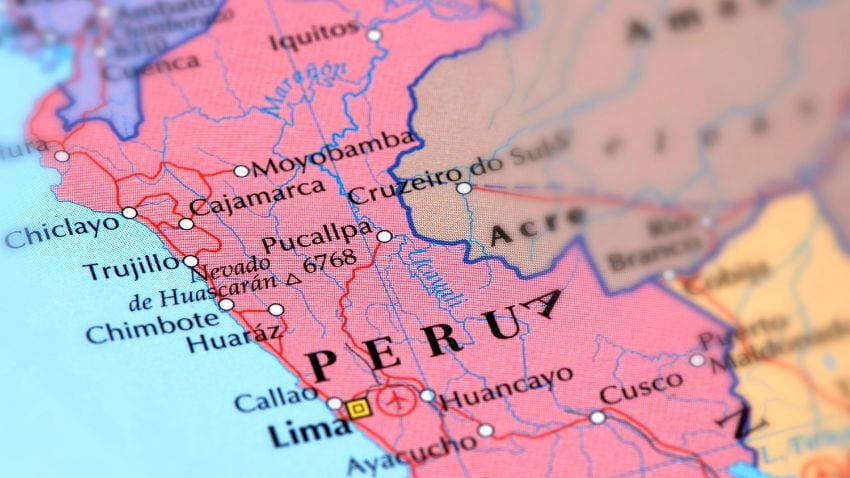
Map of Peru
If you are already living in Peru and familiar with the culture, applying for Peruvian citizenship is an appealing option. Peru is worth considering if you are interested in South America in general and exploring residency and citizenship options. Having a passport in Peru could open you up to other regional opportunities.
Other unique benefits of this program include the two-year timeframe and the fact that investment in Peru is not mandatory. However, it is also important to note that being accepted for citizenship is harder, as you have to prove competency in areas such as language and knowledge of the country. Therefore, this option is likely best for those with a specific interest in Peru or South America and, ideally, for someone who is already or seeks to be fluent in Spanish.
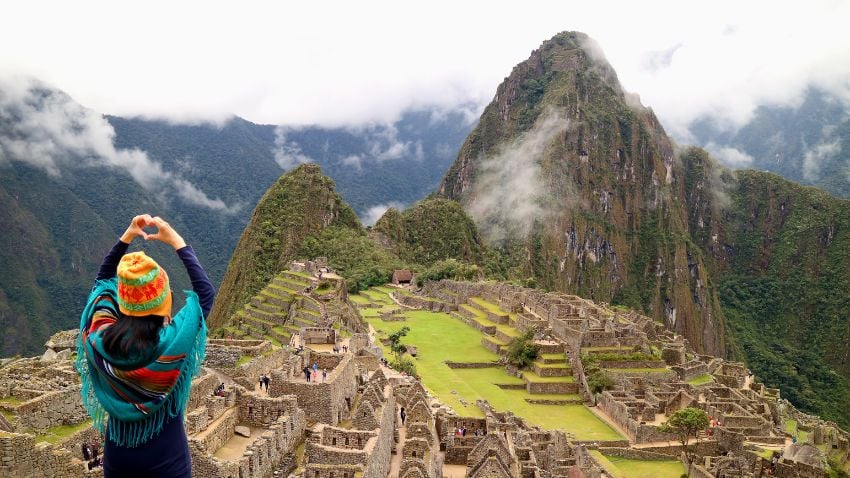
Female tourist in ancient Inca Ruins, Machu Picchu, Cusco, Peru
If you want the best intel from the expat world, including profitable offshore opportunities, little-known tax-saving strategies, and hard-won insights on immigration, passports, and Plan-B residencies, all delivered to your inbox every single week, then join our daily correspondence, EMS Pulse®. Currently enjoyed by over 84,000 expats and expat-hopefuls worldwide. Fill in the form below to join our newsletter free:

Written by Mikkel Thorup
Mikkel Thorup is the world’s most sought-after expat consultant. He focuses on helping high-net-worth private clients to legally mitigate tax liabilities, obtain a second residency and citizenship, and assemble a portfolio of foreign investments including international real estate, timber plantations, agricultural land and other hard-money tangible assets. Mikkel is the Founder and CEO at Expat Money®, a private consulting firm started in 2017. He hosts the popular weekly podcast, the Expat Money Show, and wrote the definitive #1-Best Selling book Expat Secrets - How To Pay Zero Taxes, Live Overseas And Make Giant Piles Of Money, and his second book: Expats Guide On Moving To Mexico.
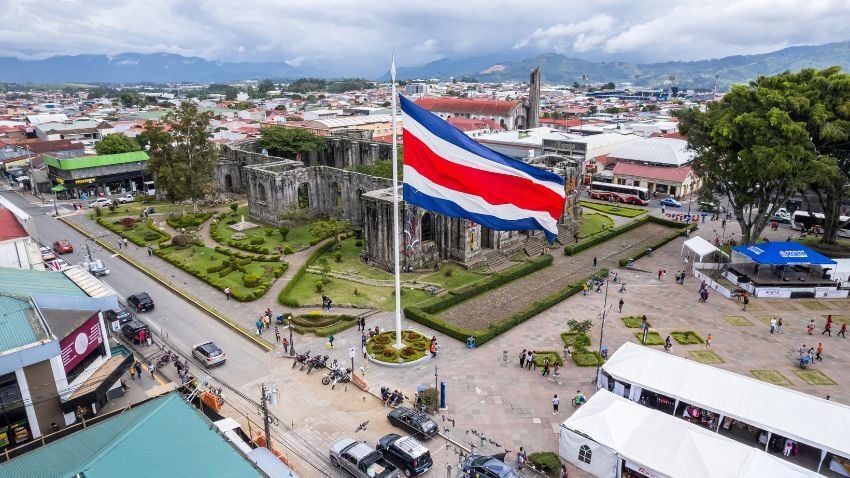
Costa Rica has become one of the most popular expat and digital nomad destinations in Latin America, known for its natural beauty, relaxed lifestyle,...

Mexico remains one of Latin America’s most compelling destinations, especially for North Americans. More than a million expats call it home, and tens...

South Korea is far more than K-pop and K-dramas. It is a country known for outstanding food, from bustling street markets to high-end dining, as well...